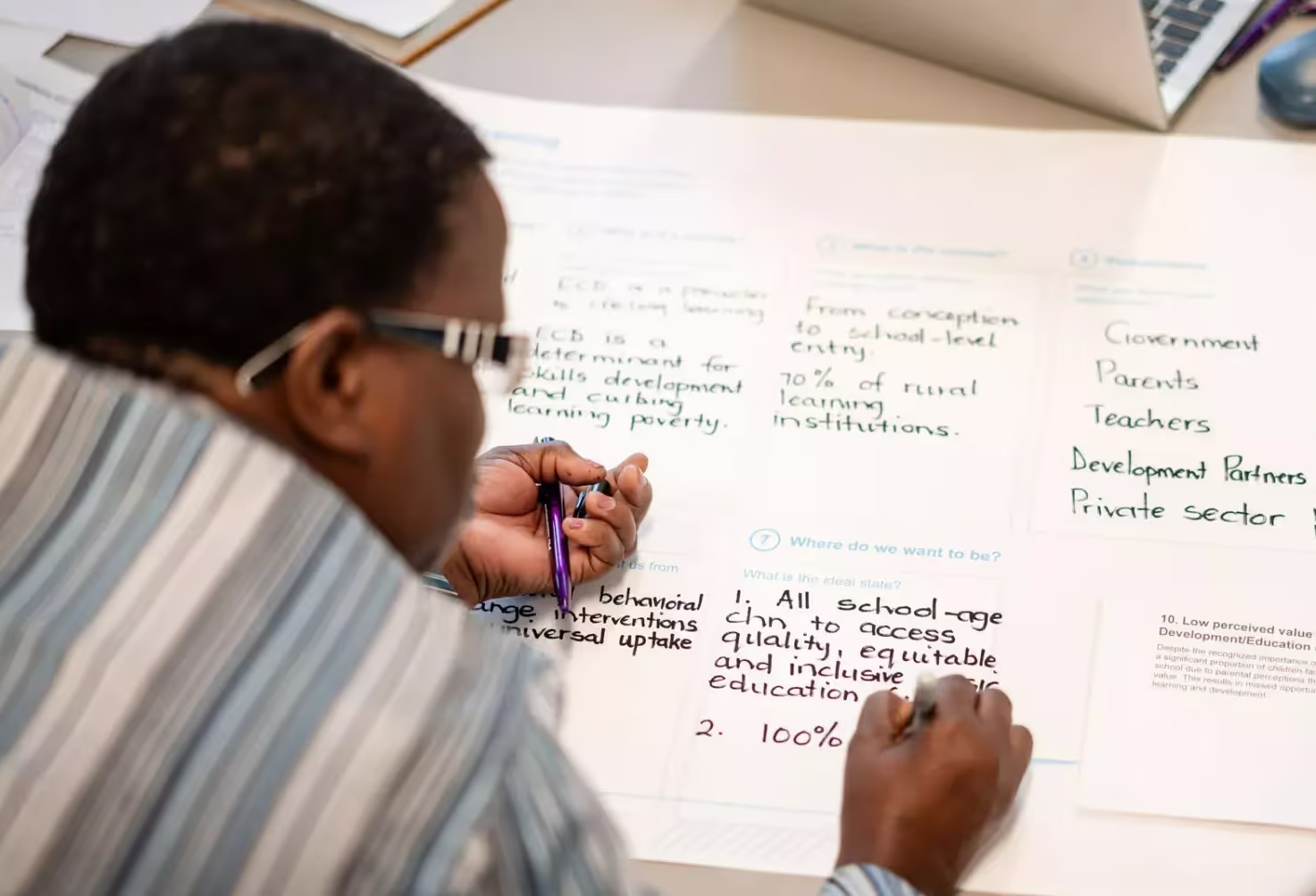Amply

UNICEF is investing in the South African start-up 9Needs to develop the open source digital identity and personal information platform “Amply”. The system uses blockchain infrastructure and smart contracts to strengthen the registration, contracting, information and management systems of early childhood development programs. It helps children access services such as education, health care, social benefits. The data stored on Amply includes metadata (e.g. date, time, location) and “seals” of guarantee making it easy for external authorities to check the validity of the data, without accessing the data itself. UNICEF uses the data generated to tailor its services to be more predictive, precise, personalised and preventive.


.avif)

